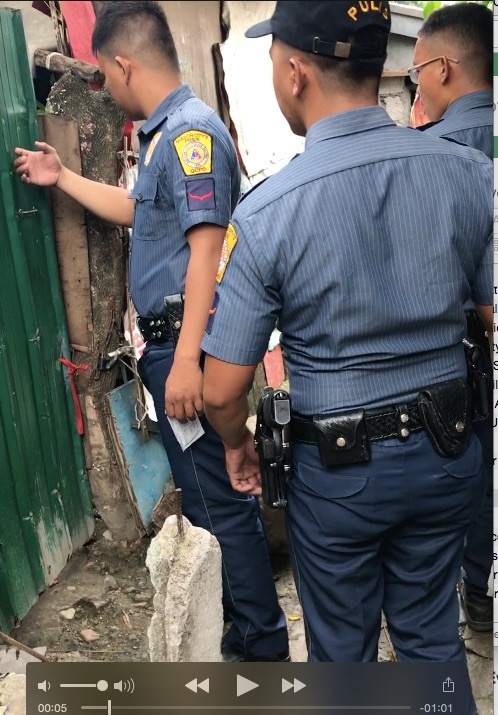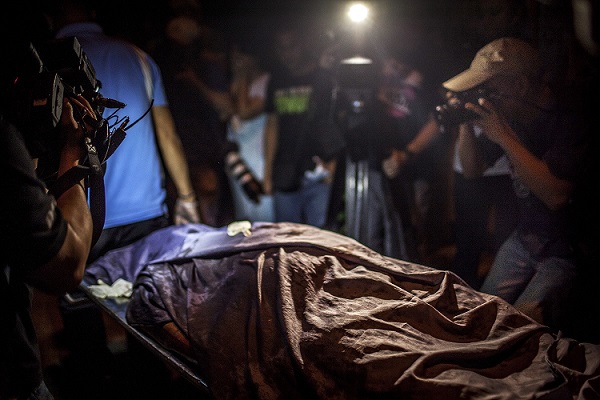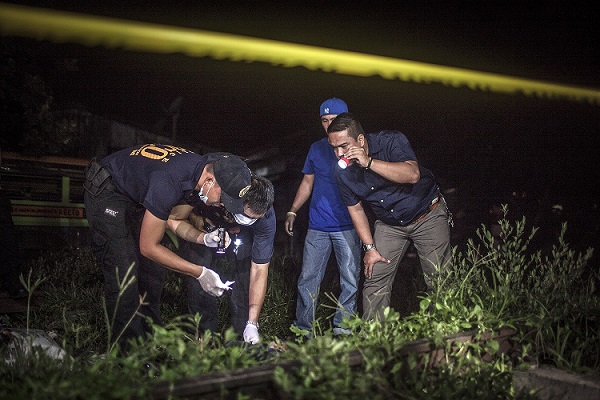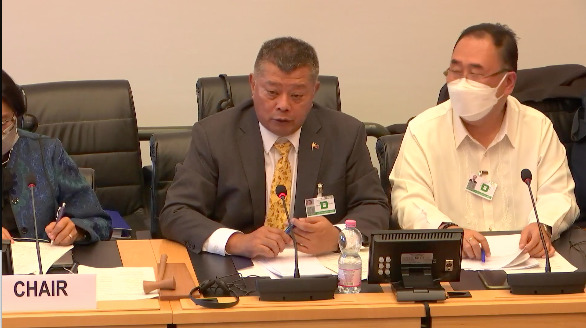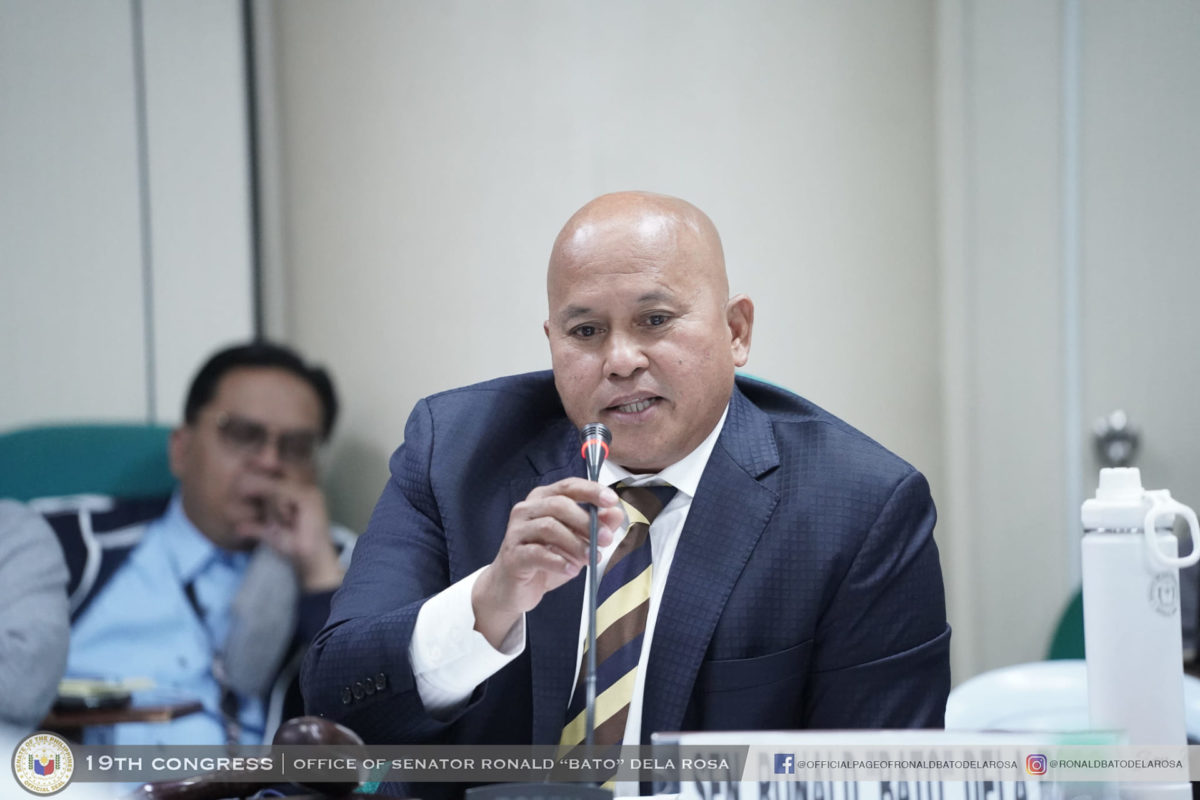The Commission on Human Rights said the house-to-house drug testing conducted by Quezon City police in Payatas violates the law.
In a press statement, the CHR pointed out that such practice “runs contrary” to Republic Act No. 9165, or the Dangerous Drug Act of 2002.
“There is no provision in the law stating that police forces can conduct drug tests,” the CHR noted.
Instead, Dangerous Drug Act “specifies that drug tests must be conducted by government forensic laboratories or by any of the drug testing laboratories accredited and monitored by the (Department of Health) to safeguard the quality of test results.”
“From a human rights perspective, there is a violation of the presumption of innocence,” the statement added.
VERA Files reported on Aug. 21 that Quezon City police, carrying a list, knock on houses with do-it-yourself testing kits that show, within seconds, whether a person is positive or negative for the use of shabu or marijuana.
If the person on their list is not present, cops test any adult in the house.
Quezon City Police Department Director Chief Supt. Guillermo Eleazar said they will stop the door-to-door drug testing due to concerns over violations of the residents’ rights to privacy.
Help desks in barangay halls for those who want to undergo free drug tests will be set up instead, he said.
Meanwhile, National Capital Region Police Office Regional Director Oscar D. Albayalde said house-to-house drug testing is voluntary, and is part of a program to provide rehabilitation to those who test positive.
Read the CHR’s statement in full below.
